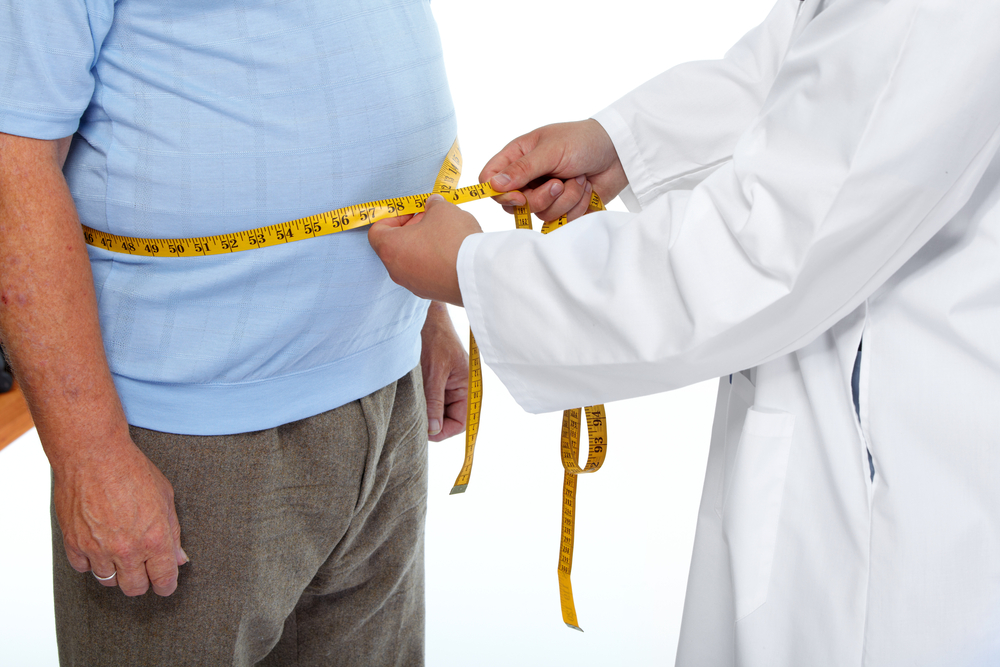

Follow-ups are an integral part of your weight loss journey. If you’re considering surgery, dedication is needed to attend these follow-ups regularly. It involve consultation with the Surgeon, Nutritionist and others in intervals of 1 week, 1 month, 3 months, 6 months, 9 months and 1 year after the surgery. You will be meeting the team once in six months in the second year and annually for further follow-up after two years. These follow-ups require you to undergo some blood tests, the results of which you and the team will review together. The team at the Institute will call you during the month of the follow-up as a reminder for you. If you are unable to meet us in person, we encourage you to have the follow-up with us over phone, email or Skype.
Short term follow-up up to 3 months after surgery is essential to prevent any serious surgical and nutritional issues. Postoperative dietary changes (including vitamin, mineral, and possibly liquid protein supplementation), exercise, and lifestyle changes should be reinforced by counselling by the Bariatric team and support groups. Counselling by the Nutritionist is important in making the transition from pureed to solid foods. This will help emphasize the importance of appropriate food choices to maintain a balanced diet and avoid high-calorie liquids and soft foods, which can defeat the purpose of the operation. Apart from dietary advice, we also advise exercise which is the most important key to success with bariatric surgery. Short term goal should be to walk 30 minutes per day, 5 days per week and long-term goal is to exercise 45 minutes to one hour daily. Emotional changes may persist and some patients feel like they are on an “emotional roller coaster”. These feelings are completely normal and usually, go away. We have a Bariatric counsellor to help patients overcome this.

Consult your surgeon in case you have any of the above medical symptoms.
The follow-up visits permit early recognition of vitamins, minerals, protein and iron deficiencies or other problems so that appropriate treatment can be given. Biochemical tests like vitamin B1, B2, B6, B12, Vitamin A, and Vitamin D, Folic acid, Calcium, Magnesium, Iron, Phosphorous, Zinc, Copper, proteins, etc are given at 3 month follow up visit and deficiencies if any are treated accordingly with supplements.Kindly note that over the counter supplements are not good enough as they will not be absorbed with efficiency after bariatric surgery. Their recommended allowance is not good enough as well. Hence Bariatric specific supplements are recommended. Their concentration is very high and absorbed faster as well.
After weight-reduction surgery, the body may not absorb certain vitamins and minerals. Follow-up visits with your physician/nutritionist will determine which vitamin and mineral supplements are necessary after surgery. The need for vitamin and mineral supplements is especially evident in people who have a very, very long limb Roux-en-Y gastric bypass. This surgery can be associated with frequent diarrhea and failure to absorb enough calcium and iron. Complications of this malabsorption may include:
Long term care of the postoperative Bariatric surgery patient is recommended for the lifetime of the patient, with at least 3 follow-up visits (6 months, 12 months, 18 months and 24 months after surgery) with the bariatric surgery team and annually after 2 years. The six months and nine month follow-ups are crucial in helping the bariatrics team ascertain what your weight loss pattern has been like, and gives valuable information about your nutritional status: are you eating the right kinds of food, are there any vitamin or mineral deficiencies that need to be addressed, have your eating habits and preferences changed, etc. It also helps us identify any improvements in the condition of lifestyle diseases such as diabetes, hypertension and others. One-year follow-up will help the team reassess the lifestyle changes, medications and supplementations and modify or stop as per requirements. Subsequents follow-up and nutritional assessment once a year is done to make sure there is no deficiencies to avoid long term consequences of nutritional issues. Balanced diet, brisk physical activity and active lifestyle will help maintain good quality of life for a lifetime.

In the first three to six months after surgery, as the body reacts to rapid weight loss, you may experience one or more of the following changes (some changes are due to a slowing of the body’s metabolism from weight loss and usually resolve with time):
The follow-up visits permit early recognition of vitamin, minerals, protein and iron deficiencies or other problems so that appropriate treatment can be given. Biochemical tests like vitamin B1, B2, B6, B12, Vitamin A, and Vitamin D, Folic acid, Calcium, Magnesium, Iron, Phosphorous, Zinc, Copper, Proteins, etc are given at follow up visit at 6 month and 12 months) and deficiencies if any are treated accordingly with supplements. Proteins need not be continued if you are having adequate proteins every day. However, vitamin ins and minerals will continue for long term based on the nutrition reports during every visit.